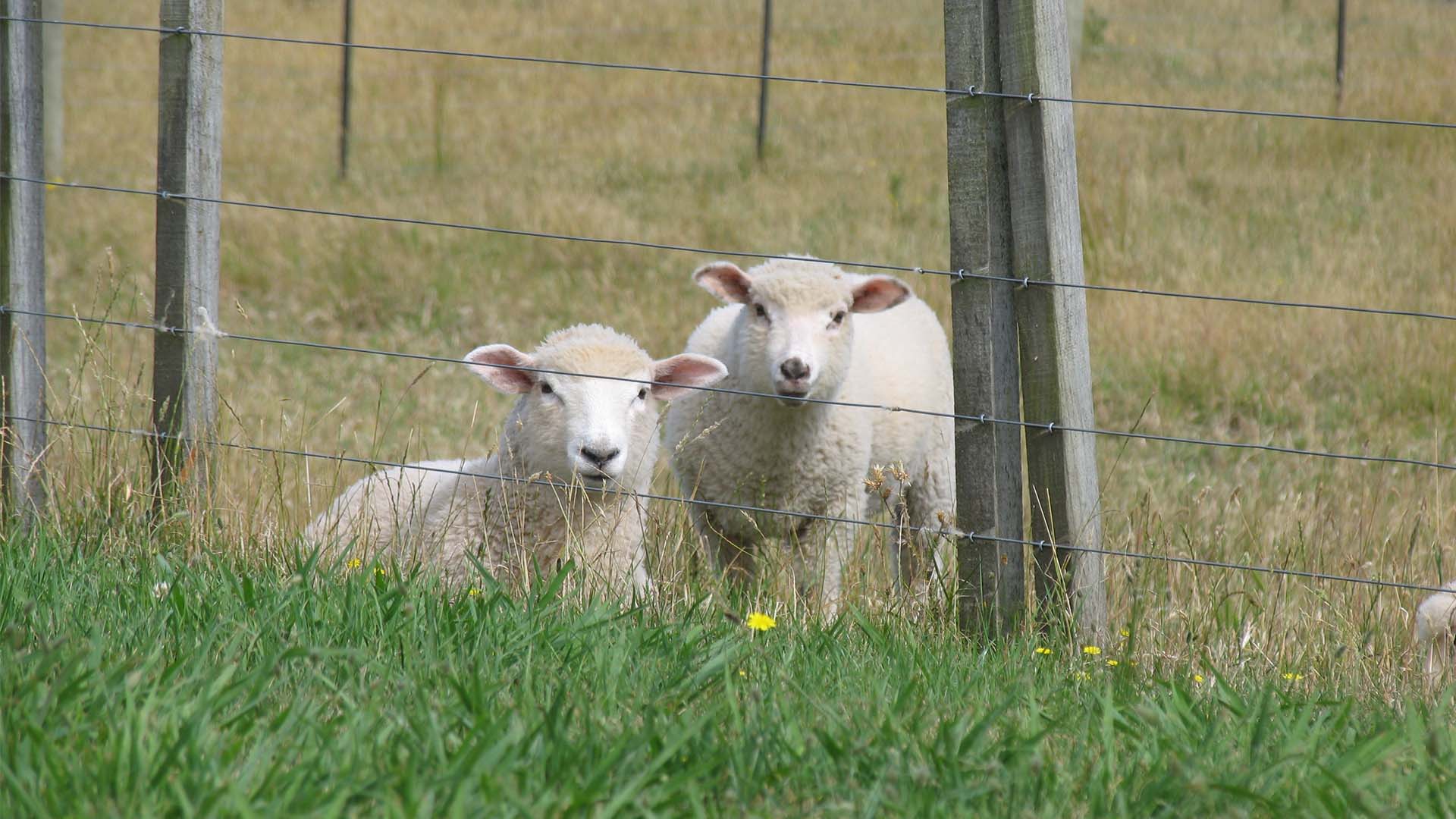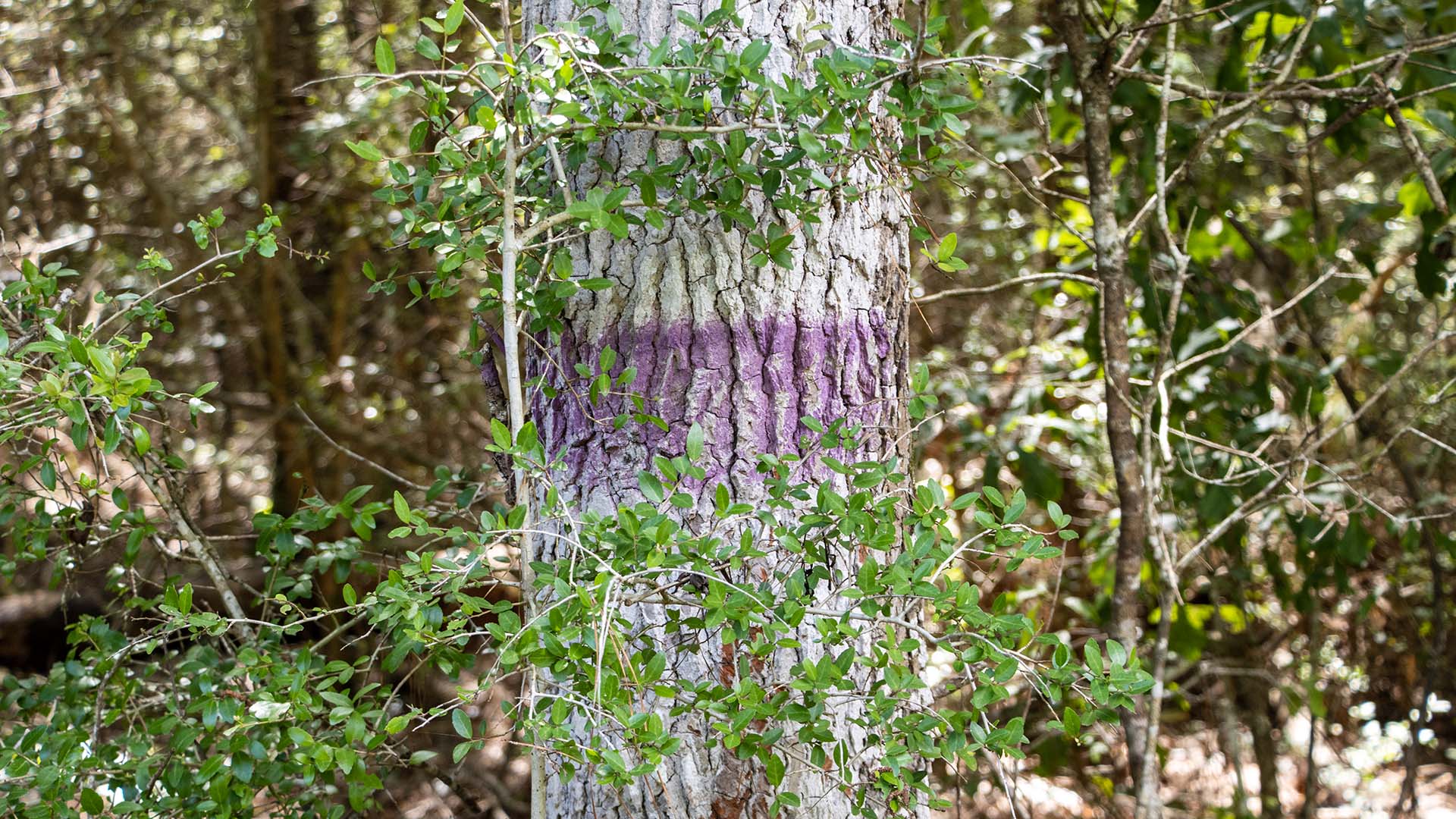
Most children have wanted a horse at some point in their life. They think that taking care of a horse is the same thing as taking care of a puppy or kitten. However, as adults, we know that sometimes we aren’t even prepared to take care of a fish, let alone a horse.
Owning a horse isn’t for everyone. It’s a huge time commitment and big financial responsibility.
However, if you are considering buying a horse, there are some key points to consider before you make that purchase.
TRY A LEASE FIRST
If you’re unsure of your horse ownership abilities there is another option to a straight-up purchase: You could lease a horse.
Leases are usually available at part-time or full-time commitments. Both are great opportunities to test whether you’re ready for full ownership of a horse.
In a partial lease, you pay a fixed fee or a portion of the horse’s expenses as an exchange for riding time. In a full lease, you generally take over all of the expenses and care of a horse but are not the owner.
Either way, leasing a horse allows you to truly test your commitment to a horse. If you find you don’t like it, you can drop the lease.
Even better, leasing allows you to experiment with the type of horse that’s best for you, including gender, breed, age and the level of training the horse has received.
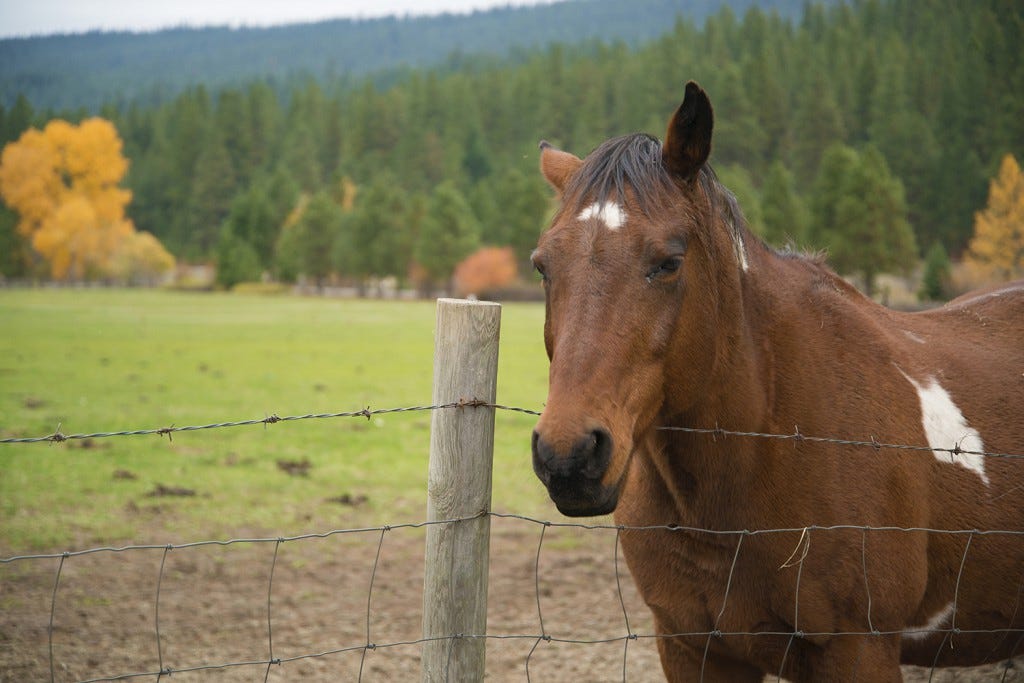 Horses require a lot of time. You need to visit your horse at least twice a day to socialize, train, and perform upkeep duties.
Horses require a lot of time. You need to visit your horse at least twice a day to socialize, train, and perform upkeep duties.TIME COMMITMENT FOR HORSE OWNERSHIP
Horses are time-consuming pets. They aren’t animals that can be left alone for lengthy periods.
Unless you can afford a full accommodation package at a stable or equestrian center, you should be prepared to visit your horse at least twice a day and show up every day of the week.
The upkeep of a horse takes time. Your chores will include mucking out the stable area, providing fresh water and food, grooming your horse, and providing it with exercise opportunities.
Horses also require veterinary appointments, equine dental technician visits and regular farrier appointments. These services are required for their upkeep and overall well-being. Also, be aware that most of these appointments will have to be scheduled during the workday.
Horses have a general life expectancy of up to 20 or more years, so consider that as well.
FINANCIAL COMMITMENT OF OWNING A HORSE
A horse can cost upwards of $5,000 and the figure climbs from there depending on its bloodline and training. Older horses may be available at lower prices, though.
Financial costs for the care of the horse can also be significant. These ongoing costs may quickly make the initial purchase price of a horse seem small by comparison. Caring for your horse means paying for:
- Board
- Feed and supplements
- Tack and equipment
- Bedding
- Farrier services
- Lessons
- Veterinarian and dental checks
- Insurance
- Competitions
The cost of some things, such as food, can change depending on the time of year and whether your pasture has significant grazing opportunities.
There’s also a chance of sudden, unforeseen illness or injury that can impact your horse-care budget. Caring for a horse that’s sick or injured can be incredibly expensive.
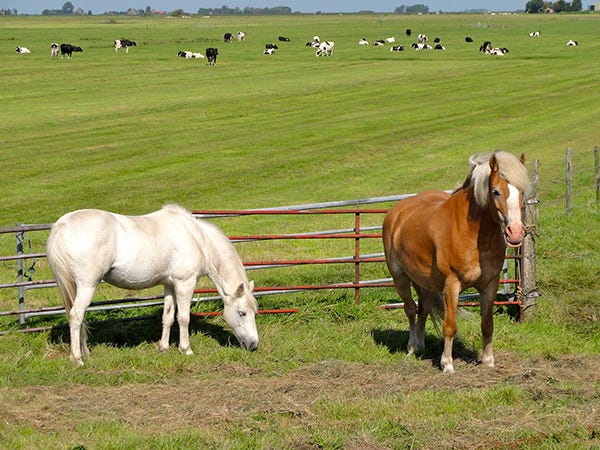 The fencing for your horse can make a big difference. Polytape or polyrope are probably best since they are highly visible, a feature that allows your horse to understand its boundaries.
The fencing for your horse can make a big difference. Polytape or polyrope are probably best since they are highly visible, a feature that allows your horse to understand its boundaries. HORSE CONTAINMENT: STABLING VS. HOME PADDOCKS
Where you keep your horse is a huge decision. Should you pay someone else to house your horse? Do you have enough space of your own? Answering these questions should be at the forefront of your mind, even before purchasing the horse.
Stabling
Stables charge for their services, and these fees can be hefty. Also, a boarding facility may not be conveniently located. If it’s far away, daily visits could become a hassle.
On the plus side, many stables have riding pens and trails nearby, meaning you don’t have to transport your horse for exercise.
Home Paddock
If you have the land, you can place your horses in a paddock on your property. A paddock is a fenced section of land that allows your horse the freedom to wander and explore. The general rule is that you need one acre of pasture for every horse inside the paddock. This space also ensures the horse doesn’t overuse the land.
Aside from space, a horse paddock needs to include a shelter stable, access to food and water, and be relatively clean. The paddock space, of course, needs a border fence that can safely contain your horse.
All these paddock features will periodically require attention, so add that to the total time you’re committing to your horse.
That all being said, creating your own paddock can provide you with rich rewards. You will spend more time with your horse, and provide it ample grazing and “roaming” time. Both of these lead to a happier, healthier horse.
Paddock Fencing
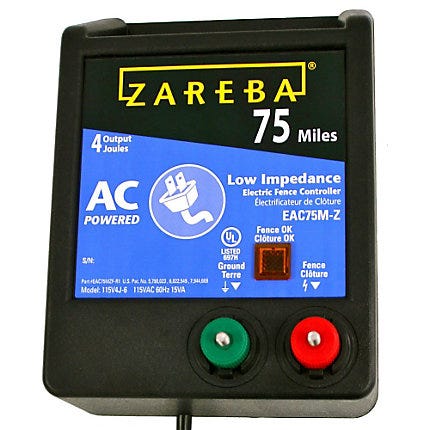
If you’ve decided on keeping your horse in a paddock, electric fencing will most suit your and your horse’s needs. Before you begin planning, remember that horses are “prey” animals at heart. They can be high-strung and nervous. Recognizing that, you need to ensure that they are safely contained, even while grazing.
Electric fences are ideal for their low maintenance and installation costs. They deliver a safe, yet powerful, corrective shock. After one or two contacts with the fence line, your horse will learn to avoid it.
Polywire electric fences cost, on average, about $0.20 per foot of fence line. Woven wire and wood fencing, your other fence options, can range from $0.50 to $1.00 or more per foot! They also require more fence posts, which creates more work for you.
TIME TO RIDE OFF INTO THE SUNSET
Owning a horse is a big responsibility and not a decision that should be taken lightly or made in haste. One should consider all the facts before making the commitment. If you think you’re up to the challenges and rewards of owning one, then saddle up!
Want to learn more about how to prepare for the challenge of horse ownership? Check out these articles on horses and how electric fencing can benefit you:
- How to Set Up Electric Fencing for Horses
- Horse Fencing Costs & Pricing Comparisons
- How to Train a Horse to Electric Fencing
- Prepare Your Horse for Spring
Got more questions about setting up an electric fence for your horse? Reach out to the Zareba® Customer Care Line at 855-5-ZAREBA. Our dedicated team of fencing experts can provide you with all the answers you’re after.


